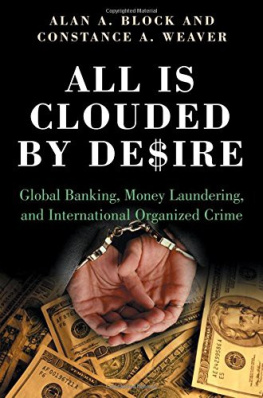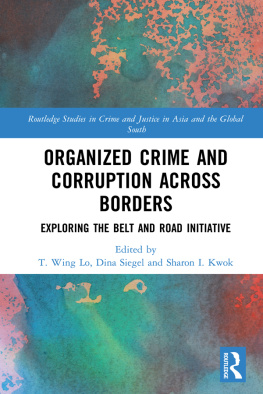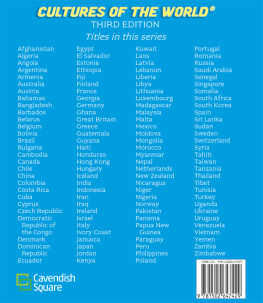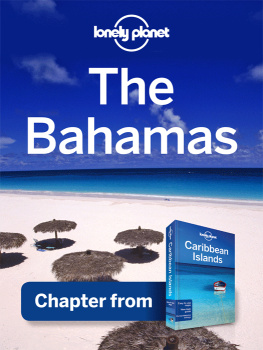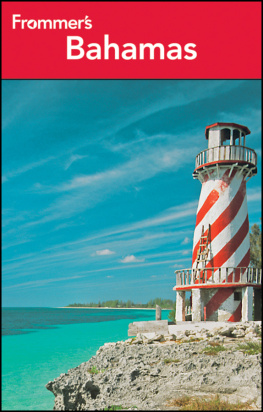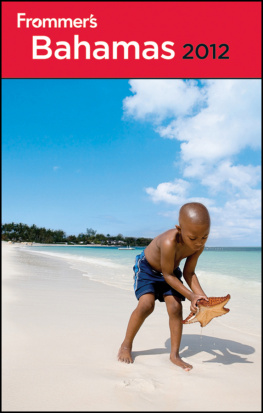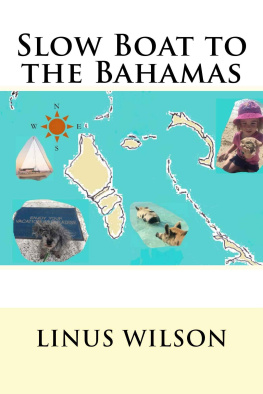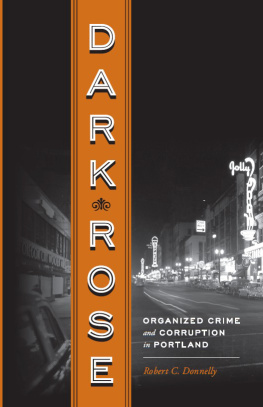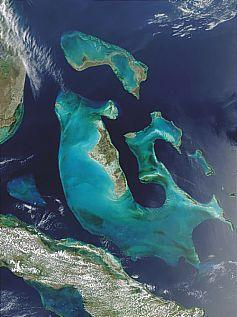First published 1998 by Transaction Publishers
2 Park Square, Milton Park, Abingdon, Oxfordshire OX14 4RN
52 Vanderbilt Avenue, New York, NY 10017
Routledge is an imprint of the Taylor and Francis Group, an informa business
First issued in paperback 2019
New material this edition copyright 1998 Taylor & Francis
Copyright 1991 Taylor & Francis
All rights reserved. No part of this book may be reprinted or reproduced or utilised in any form or by any electronic, mechanical, or other means, now known or hereafter invented, including photocopying and recording, or in any information storage or retrieval system, without permission in writing from the publishers.
Notice:
Product or corporate names may be trademarks or registered trademarks, and are used only for identification and explanation without intent to infringe.
Library of Congress Catalog Number: 97-20175
Library of Congress Cataloging-in-Publication Data
Block, Alan A.
Masters of Paradise : organized crime and the Internal Revenue Service
in the Bahamas / Alan A. Block, with a new postscript by the author.
p. cm.
Includes bibliographical references and index.
ISBN 1-56000-971-3 (pbk. : alk. paper)
1. United StatesInternal Revenue Service Intelligence DivisionCase
Studies. 2. Organized crime investigationUnited StatesCase studies. 3.
Money laundering investigationUnited StatesCase studies. 4. Tax evasion
United StatesCase studies. I. Title.
HV6448.B56 1997
364.135dc21
97-20175
CIP
ISBN 13: 978-1-56000-971-9 (pbk)
A work such as this could never have been done without the aid and encouragement of many people. First and foremost is Richard E. Jaffe, who spent days answering every question imaginable with quiet poise, who provided entr to Internal Revenue Service (I.R.S.) personnel, including former Tradewinds and Haven agents and operatives, who opened doors without limit, and whose good cheer through adversity is a lesson in humility. My gratitude is also extended to his wife Millie for her patience as I munched my way through the interviews. In the category of patient and helpful others, Norman L. Casper, his lovely wife Karen, and attorney Donald E. Van Koughnet stand out for special commendation.
At this juncture I must add that Jaffe, in particular, but also Casper and Von Koughnet insisted on arranging, in one way or another, for me to speak with those whose opinions of past events were often diametrically opposed to their own. Old telephone numbers were weeded out of tattered files for my convenience, as well as some very unflattering documents about them, which were passed to me without any hesitation.
I spent about two weeks in The Bahamas reading through the late Sarah Jane (Sally) Woodruffs material, while abusing the kindness of her husband Ed Woodruff. Sally died of cancer in November 1982. I slept in Sallys bed and used her den, which was filled with files from years of quite special investigations. Through this entire research and writing exercise I experienced a growing admiration for her talent and humaneness. She became in my mind an ever more remarkable woman of such keen insight and truly rare abilities, that not actually knowing her still depresses me. She became my greatest inspiration.
From State College, Pennsylvania, I traveled to New York, Washington, DC, The Bahamas, Cayman Islands, Southern California, San Francisco, Denver, and so on, as the research intensified and more and more contacts were made. Often I was accompanied by my wife, Marcia Jenifer Blocka writer and environmental activist in her own rightwhose help was also vital to this project. This is not the usual thanks my dear for keeping things running smoothly while Im away on yet another adventure. She asked by far better questions, and took finer notes than I in each instance we worked together. Her acuteness was best exemplified while we were in California, where her abilities finally made me understand one of the most complex parts of the Bahamian puzzle. She didnt always go with me, but she always read, with more stamina than I thought possible, the innumerable drafts of this book.
There were times in this research when certain consequential opportunities for data gathering presented themselves, but for which I lacked the wherewithal to afford travel. At critical moments like this my friend Jeremiah McKenna (former counsel of the New York State Senate Select Committee on Crime) stepped in and helped. I have always owed a great deal to Jerry and his familys generosity. They treated me with kindness and dignity, and usually to the most illuminating conversation one can find in New York. Jerrys closest counterpart is Carl Shoffler, recently retired from the Washington DC police. Although he always really wanted to coach womens basketball, Shoffler instead arrested the Watergate burglars, and turned out to be among Washingtons finest detectives for two decades.
There are many others who took the time and trouble to help. One who stands out is Jim Drinkhall, formerly of the Wall Street Journal; another is John Daley, retired narcotics officer and I.R.S. Special Agent. In this same category are Robert Grant and Nick Tsotsos, I.R.S. Special Agents of unusual skill and courage.
I also am grateful for those who allowed me to interview them, either in person or on the telephone. Although many may disagree with my conclusions and interpretations, I nonetheless thank Bernard Bailor, Burton Kanter, C. Carr Ferguson, Columbus ODonnell, Colonel Gregory D. Stampados, Lawrence Freeman, Ian Paget-Brown, Edwin Cohen, Jerome Kurtz, Ritas Smith, Dora Saharuni Welch, William Wyatt, Scott Pratt, Nelson Barry, Sam Pierson, Eugene H. Ciranni, and John Ehrlichman, who, like some of the above, was candid and extremely helpful. I talked several times with attorney Bill Metz in New York, whose knowledge of Robert Vescos affairs is singular. In fact, these meetings encouraged me to journey to Cuba in February 1988 in a vain attempt to find and interview the slippery financier. I did meet and talk with some Cubans who seemed to know Vesco, and what he was doing on that magnificent island. But in all candor I spent more time eating, drinking, and swimming with my friend, criminologist William J. Chambliss (who helped arrange this most curious expedition), than I did with Vesco confidantes. Lately, I have been corresponding with Rebecca Sims, a fabulous researcher currently working to unravel the savings and loan (S&L) scandal, possibly this nations most expensive serious crime. Her research is proving exceedingly fruitful, as some of the S&L players were long at work in The Bahamas. Also very cooperative and kind has been Forbes reporter Graham Button.
I began this project while at the University of Delaware where Professor Frank Scarpitti, my former chairman, supported this research. In fact, the earliest stages of this project were done together. On one trip to Florida to interview several principals, Frank and I stayed at my cousin Andrew Blocks house in Coconut Grove. I woke the second morning to see Frank nearly smothered by one of my cousins huge Samoyed dogs, while another (called Bear) was busy going through Franks wardrobe. This may well explain why Frank moved into more civilized research endeavors.


